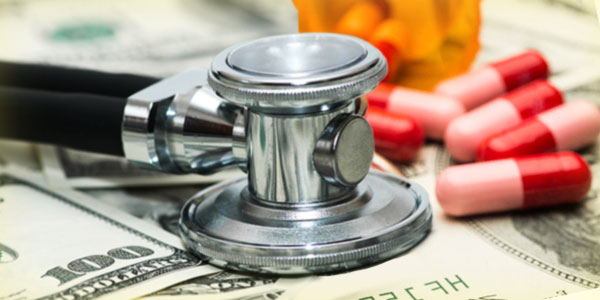Since September 2013, the most number of complaints that Consumer Financial Protection Bureau (CFPB) was against abusive debt collection. Outpowering all other types of debt, medical collections made up 52% of collection accounts on credit reports.
Nowadays, medical debts have become so common that an estimated 43 million consumers with an account in collection are suffering from medical debt problems. So you might be wondering why medical debt is affecting so many people than any other debt out there. Check out this analysis by CFPB and know how medical debt hurts your credit report.
However, here are some to dos to keep in mind to take control of your medical debt.
- Review bills carefully: Review each and every medical document of your carefully. If you fail to recognize the bill, check the date of service to see if you really had any treatment on that particular date. Always ask your provider for an itemized bill in order to check how much you were charged for which service.
- Get proper documentation: Organize and keep proper record of all your bills. If you find an incorrect bill and dispute, send a written notice to the provider along with copies of all relevant documents, such as treatment records or credit card statements. Make sure you never send the original ones.
- Go through your health insurance policy: Make sure the provider has access to all your insurance information. Moreover, you should be aware of what your insurance covers and what not. Keep your insurance information updated and precise. A small mess up can lead you spend hundreds of dollars that your insurance should have covered.
- Dispute the bills fast: If you find a bill erroneous, dispute it fast. However, if you verify certain bill, try to resolve it right away. Also see if the insurer is paying all or part of the bill. If you delay and the bill end up in collections, your credit score would experience a significant hit.
- Negotiate: Nowadays many hospitals welcome payment negotiation. They may reduce the tab if you agree to pay the whole amount upfront. They may also come up with a payment plan for you so that you can pay off the entire debt in easy and affordable installments at no interest. Well, you never pay to ask.
- Get assistance: These days, many hospitals have financial assistance programs. Some are known by the name ‘Charity Care’. These can come to your help if you are unable to pay your bills. Apart from these, there are third party relief programs too. Just shop around to find the best possible help for you.
- Never put the burden on your credit cards: If you are unable to pay off the entire sum within the due date, you’ll be charged with high interest by your credit card provider. Instead, approach your medical provider for an affordable payment plan with little or no interest.
There is no doubt that healthcare is expensive and most of us get shocked when served with those bills. But not responding after receiving the bills might not be helpful. Nowadays, many providers are willing to work with the patients if they hear from them. Otherwise, you have many third party entities to help you with your medical bills.









